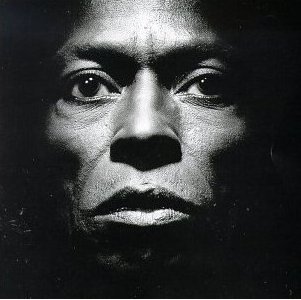
| Artist: | Miles Davis |
| Title: | Tutu |
| Released: | 1986 |
| Label: | Warner Bros. |
| Time: | 42:22 |
| Producer(s): | Marcus Miller, Tommy LiPuma, George Duke |
| Appears with: | |
| Category: | Jazz |
| Rating: | ******.... (6/10) |
| Media type: | CD |
| Purchase date: | 2000 |
| Price in €: | 9,99 |
| Web address: | www.milesdavis.com |